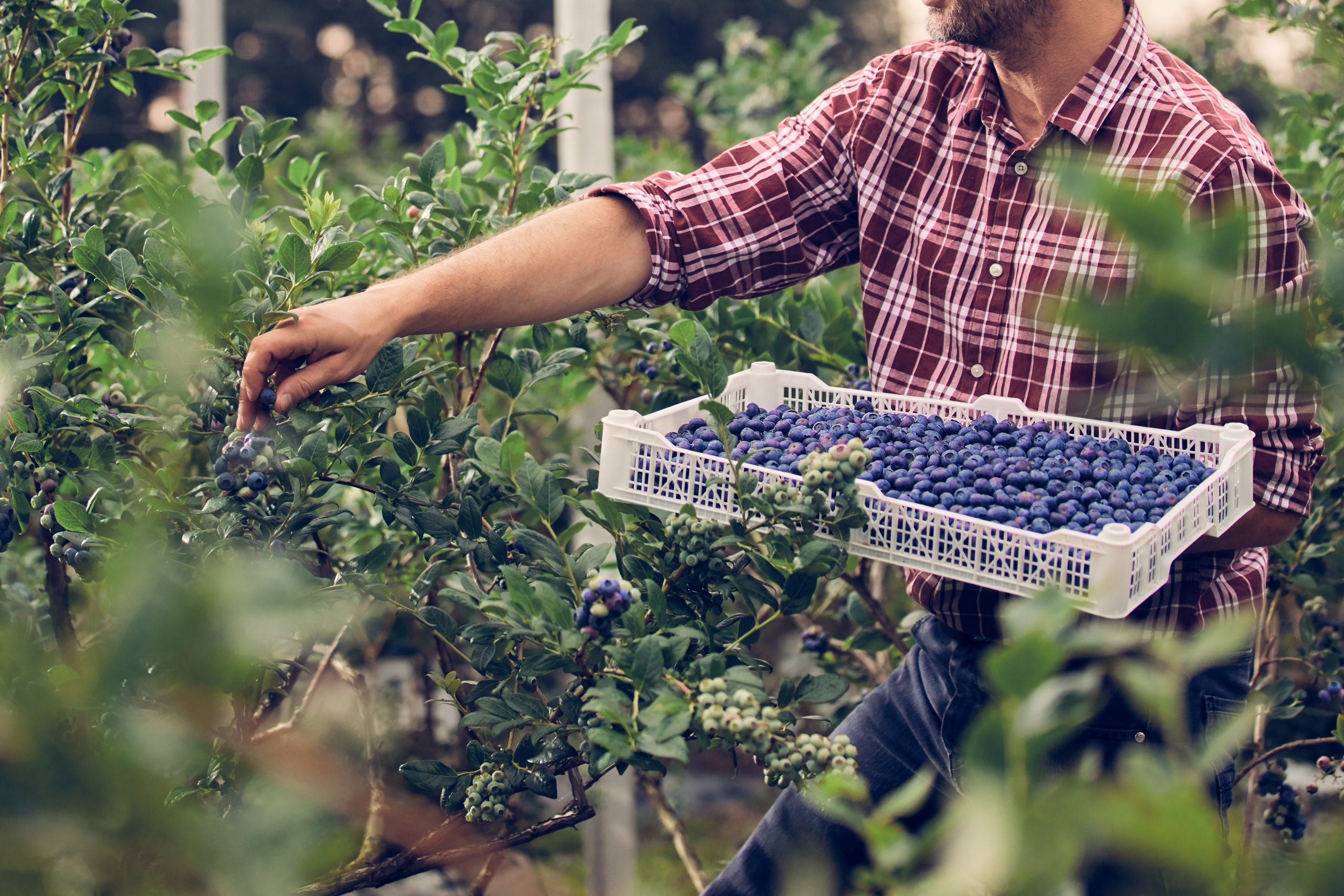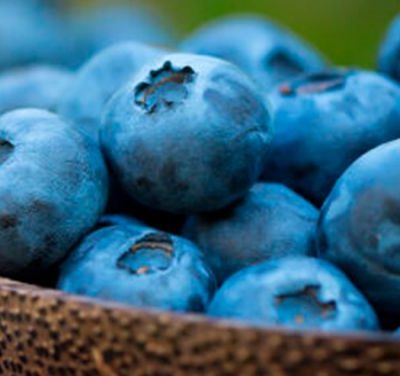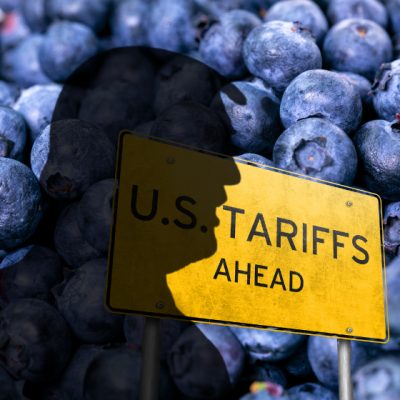USDA expands its cold treatment pilot program
The expansion of the USDA’s Animal and Plant Health Inspection Services (APHIS) cold treatment pilot program has opened the doors for Crowley Maritime Corp. to begin clearing certain producerequiring cold-treatment from more South American countries from its Port of Charleston, S.C.
“We’ve worked diligently with the Florida Perishable Trade Coalition to make the cold-treatment program a reality,” Nelly Yunta, Vice President, Customized Brokers, a subsidiary of Crowley, said in a press release. “Each time the program expands to include another port of entry or an additional commodity, it’s a huge win for consumers looking to have fresh produce on their tables throughout the year.”
As early as this spring, Crowley will be able to accept those certain items from:
- Peru
- Uruguay
- Argentina
The cold treatment process eliminates harsh chemical fumigation, but still ensures that foreign insect and larvae are eradicated from the cargo, according to the release. The program has previously been rolled out in both Savannah, GA and South Florida.
Co-Founded by Crowley, Customized Brokers, Seaboard Marine, and Port Miami, the Florida Perishable Trades Coalition is a non-profit association that looks toincrease trade in perishables through Florida’s air and seaports, expanding and also decongesting Northeast ports.
Once the program is formally implemented, Customized Brokers will be able to clear:
- Peruvian citrus
- Peruvian blueberries
- Peruvian grapes
- Uruguay blueberries
- Uruguay grapes
- Argentinean blueberries
- Argentinian apples
- Argentinian pears
The company added that, as with previous implementations, containers that do not pass cold treatment will be prohibited from entering the port without being offloaded from vessels. If containers do fail, they will be allowed transit by sea to a Northeastern port for retreatment, or will be re-exported to the country of origin.
This expansion not only serves to filter the import process, but also helps to lower transportation costs, prolong shelf-life by shortening the shipping distance, and help lower grocery prices for those items for southern-based consumers.
02/19/2016
Source: Andnowuknow.com





